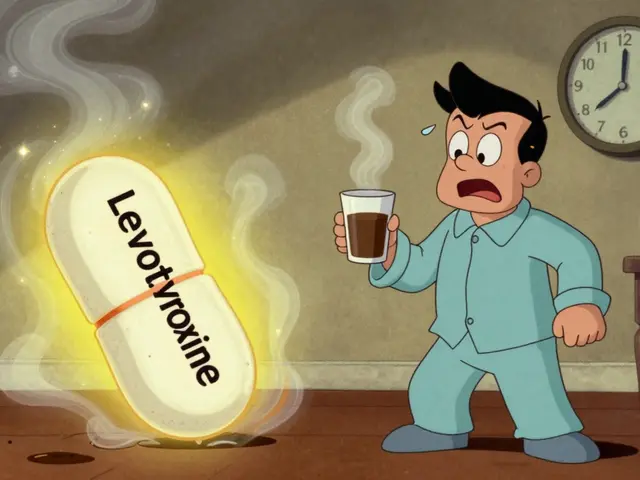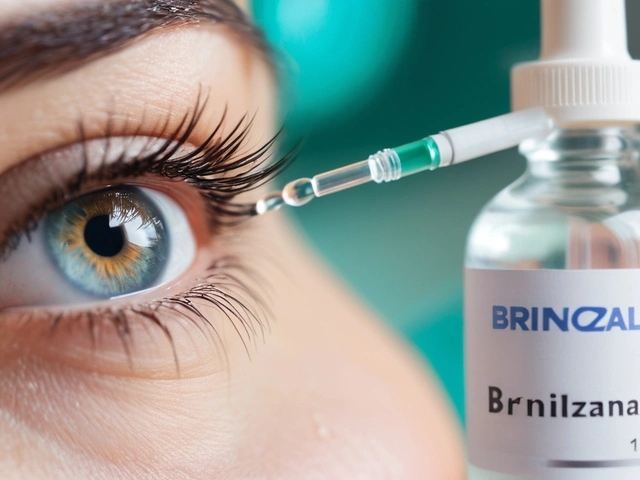Sexual Health: Honest Answers and Practical Tips
Sexual health affects your body, relationships, and mood. You don’t need medical jargon to get useful advice. This page collects clear, practical tips on common problems, safe medication choices, and when to see a provider.
Start with the basics: protection, testing, and consent. Use condoms to reduce STI risk and pick tests based on your history — many clinics offer fast screening for chlamydia, gonorrhea, HIV, and syphilis. Talk openly with partners about boundaries and test results. Testing and honest talk often solve more problems than guessing or Googling symptoms.
Skin, sweat, and the groin area cause a lot of issues. Jock itch is a fungal infection that loves warm, damp places. Choose breathable fabrics — cotton or moisture-wicking blends — wash gym clothes after every use, and dry the area well. Over-the-counter antifungal creams usually work, but see a doctor if symptoms come back or spread.
Nerve and muscle pain can affect sexual function. Conditions like pudendal neuralgia cause sharp or burning pain around the genitals. Some patients find muscle relaxants like baclofen helpful, but that needs a prescriber’s oversight. If pain changes your sexual life, ask a specialist about targeted treatments and pelvic physical therapy.
Medications and supplements matter. Some antidepressants, blood pressure drugs, and even herbal products can lower libido or cause erectile problems. St. John’s wort, kava, and valerian interact with many prescriptions. Before starting or stopping any drug, check interactions and speak to your prescriber.
Anabolic steroids and hormone misuse change sexual health too. Steroids can shrink testicles, lower sperm count, and alter libido. If you’re buying performance drugs online, be cautious: information and product quality vary widely. Use reputable pharmacies, verify prescriptions when needed, and avoid sites with poor reviews or unclear contact info.
Buying medications safely online is possible. Look for clear contact details, licensed pharmacists, and secure checkout. Avoid sites that ship without prescriptions or promise unrealistic discounts. If you see odd packaging or unexpected side effects, stop the drug and consult a healthcare professional.
Simple lifestyle moves improve sexual function: sleep more, control alcohol, quit smoking, and move your body. Stress and depression hurt desire and performance; mental health care makes a real difference. Try regular exercise, counseling, or mindfulness to reduce anxiety and improve intimacy.
When to see a doctor? Seek medical help for sudden pain, bleeding, lumps, or symptoms that don’t improve after basic self-care. If you want medication for erectile dysfunction, hormone testing, or help with fertility, a clinician can guide testing and safe treatment choices.
If you need reliable reads, check our articles on jock itch care, pudendal neuralgia, drug interactions, and safe online pharmacies. These posts give focused, practical advice so you can make safer, smarter choices about sexual health.
Confidential care is available: many clinics and telehealth services offer private visits and discreet delivery of treatments. If cost is a concern, ask about generic options and patient assistance programs. Don’t let embarrassment delay care — help is confidential and often affordable today.




